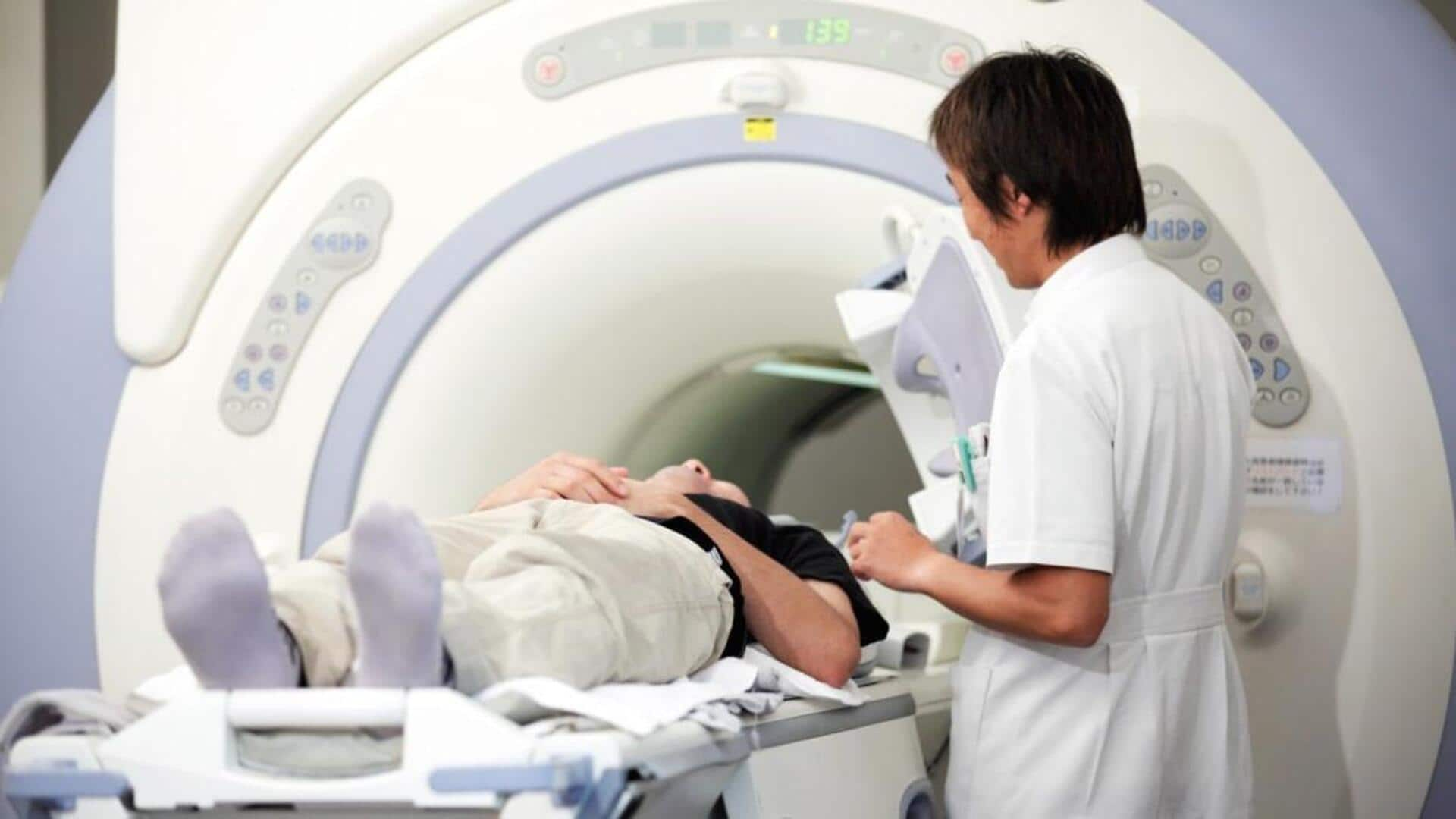
Chinese nuclear scientists develop X-ray machine for cancer treatment
What's the story
Chinese researchers have developed a groundbreaking X-ray machine called "Flash," which has the potential to revolutionize cancer treatment. The system delivers high-energy radiation at a dose rate of over 80-gray (Gy) per second, much faster than conventional radiotherapy. This means that Flash can deliver the same amount of radiation in less than a second, reducing damage to healthy tissue surrounding tumors.
Members
Who are involved in this project?
The new X-ray machine was developed by nuclear weapon researchers associated with Harbin Engineering University and China Academy of Engineering Physics. Their feat was reported last month in the Chinese academic journal High Power Laser and Particle Beams.
Details
Flash effect and its history
The Flash effect was first discovered in the 1960s, but it wasn't until the 2010s that researchers from various institutes conducted experiments that sparked interest in the academic community. Their study showed that high-intensity radiation could have the same anti-tumor effects with lowered damage to normal tissue. The Chinese team's X-ray machine uses photons instead of protons or electrons, making it more compact and easier to install.
What Next?
Flash irradiation system's potential benefits
Oncologist Zhang Yingying said, "We have reached a bottleneck where our mastery of energy beams could not take us to a better place." Flash technology could break this bottleneck and improve cancer treatment. Yang Gen, a Professor of Medical Physics and Engineering at Peking University, called the machine's performance milestone of exceeding 80Gy "impressive." Flash therapy could require lower and much shorter treatment sessions, potentially reducing the number of sessions to just one or two.
Insights
Challenges and future of Flash therapy
However, Flash therapy is still in its early stages, with researchers yet to understand its biological mechanism. Yingying said, "There are still too many questions to be investigated." The lack of a dedicated machine for Flash is another obstacle. But biotech companies like Theryq, CHUV, and CERN are working on developing the world's first Flash radiotherapy machine, with clinical trials planned for next year.
Facts
Advantages of the new X-ray machine
The Chinese researchers also plan to make their prototype Flash X-ray machine available for preclinical and clinical studies. As research continues, this innovative technology could transform the way cancer is treated, offering patients a more effective and less damaging option for radiotherapy.